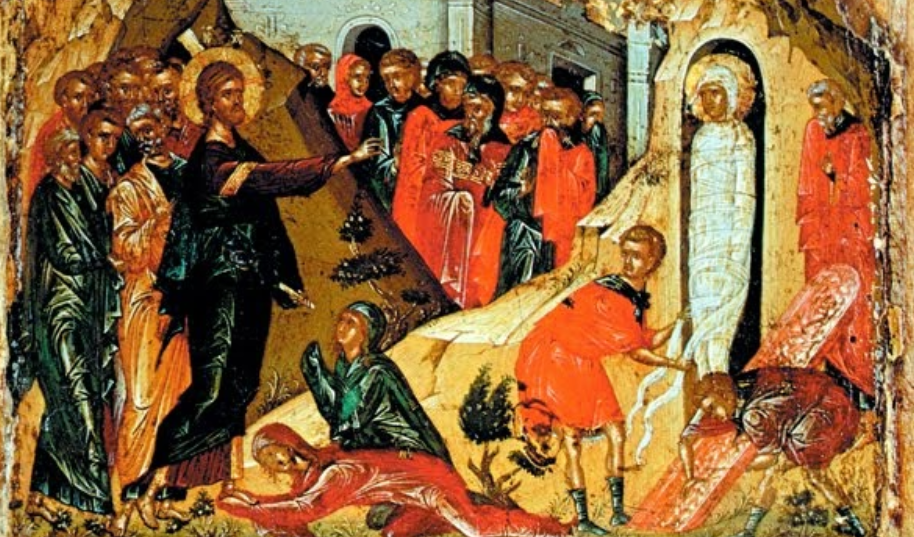
Jesus' straightforward point is that it is too late to change one's behavior and character after death. If we take its lesson at face value, it is in complete harmony with the rest of the Bible. However, we must understand that this is a parable-"an imaginary story…to illustrate and inculcate some higher spiritual truth" ( International Standard Bible Encyclopedia, "parable"). Reading this parable to mean that the dead are conscious in an ever-burning hell or in heaven would be a clear contradiction with the broader context of the entire Bible. What does the Bible say about the state of the dead? A single phrase in Ecclesiastes 9:5 summarizes the Bible's teaching about the state of the dead: "The dead know nothing." (See also Ezekiel 18:20 1 Corinthians 15:22-23, 51-52 John 3:13, 16 Acts 2:29, 34 Romans 6:23 and many other passages that show that the soul can die, that physical death is like sleep and that the dead will be resurrected in the future, that no one has gone to heaven, that sin leads to death-not eternal life in another place, etc.). He meant that every section of the Bible on any given subject must be in agreement with every other section that addresses the same topic. Jesus said, "The Scripture cannot be broken" (John 10:35). The immediate context (the verses before and after the parable) doesn't clearly provide us with further information, so let's go on to the second rule. Let's apply the proper rules systematically to the parable.


By contrast, attempting to understand a difficult passage by human reasoning is bad scholarship. Second, look at the broader context of the entire Bible. Two fundamental rules of good biblical scholarship will help us to understand a difficult scripture almost every time.


 0 kommentar(er)
0 kommentar(er)
